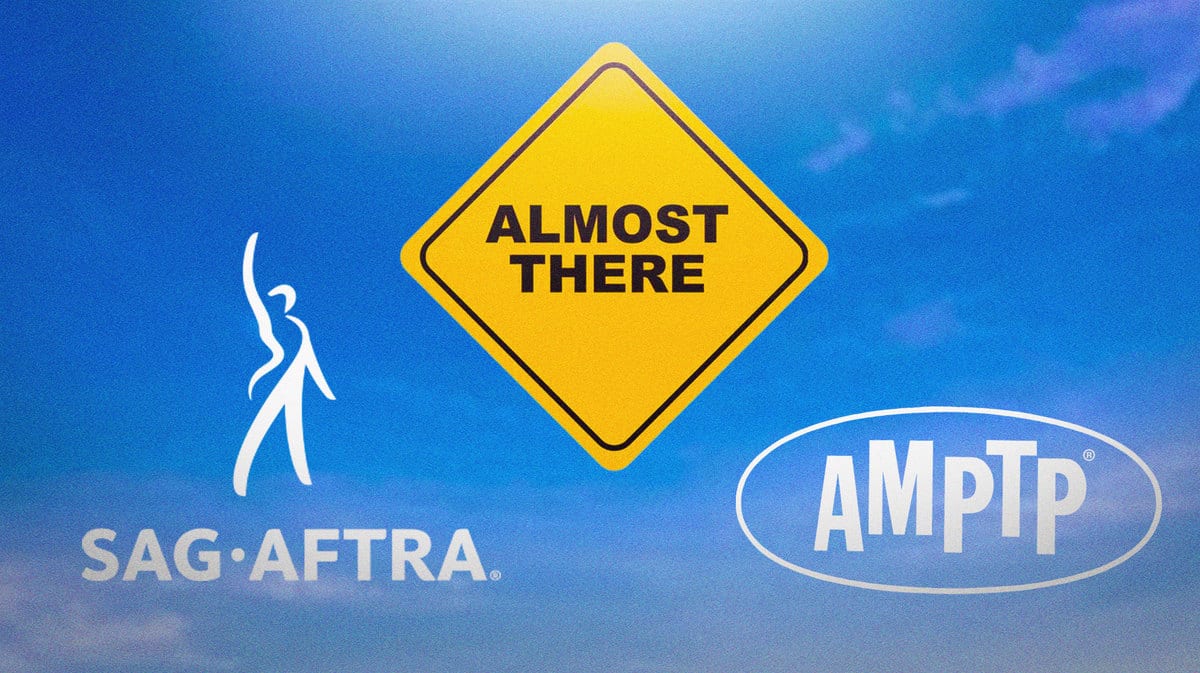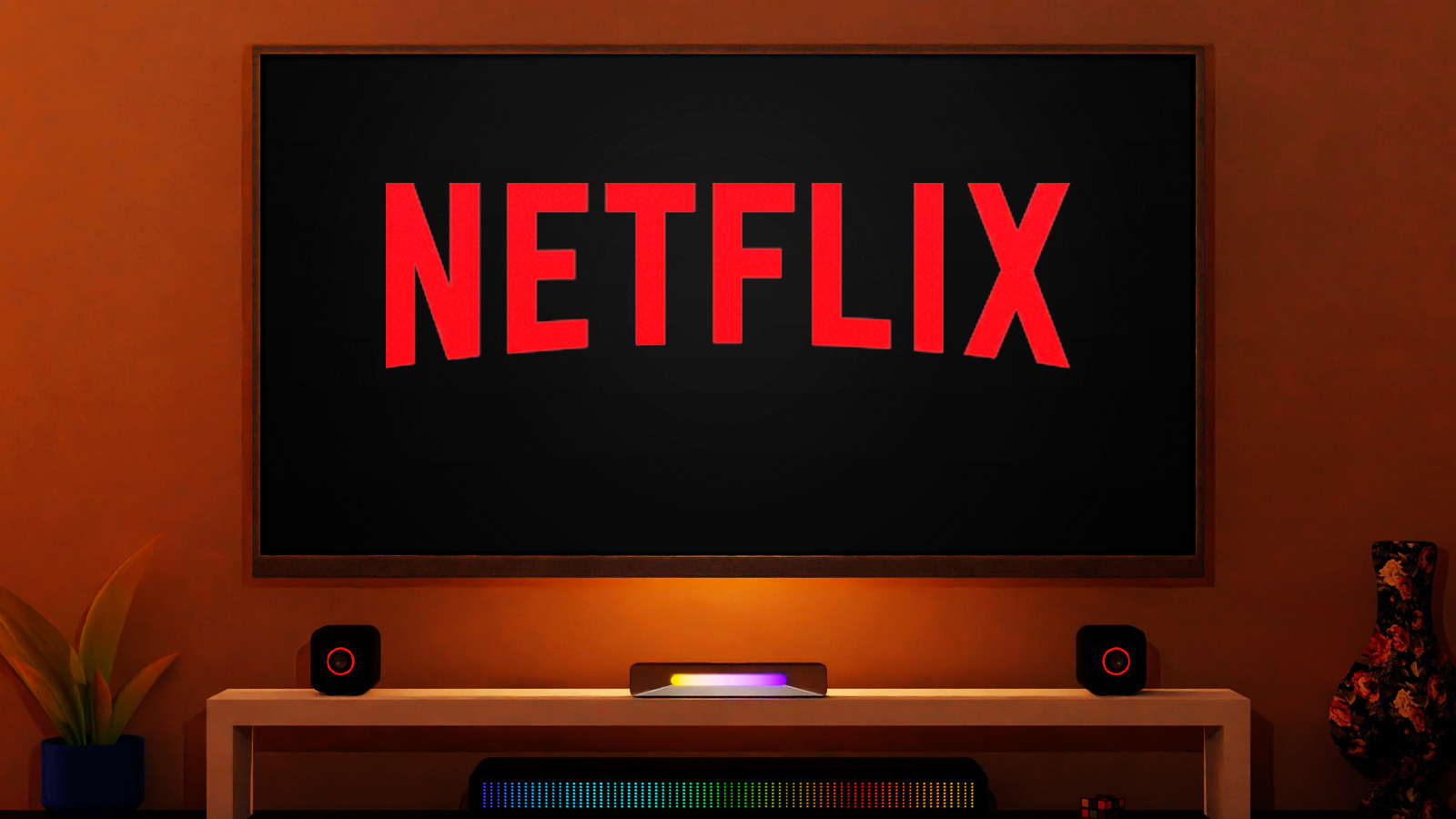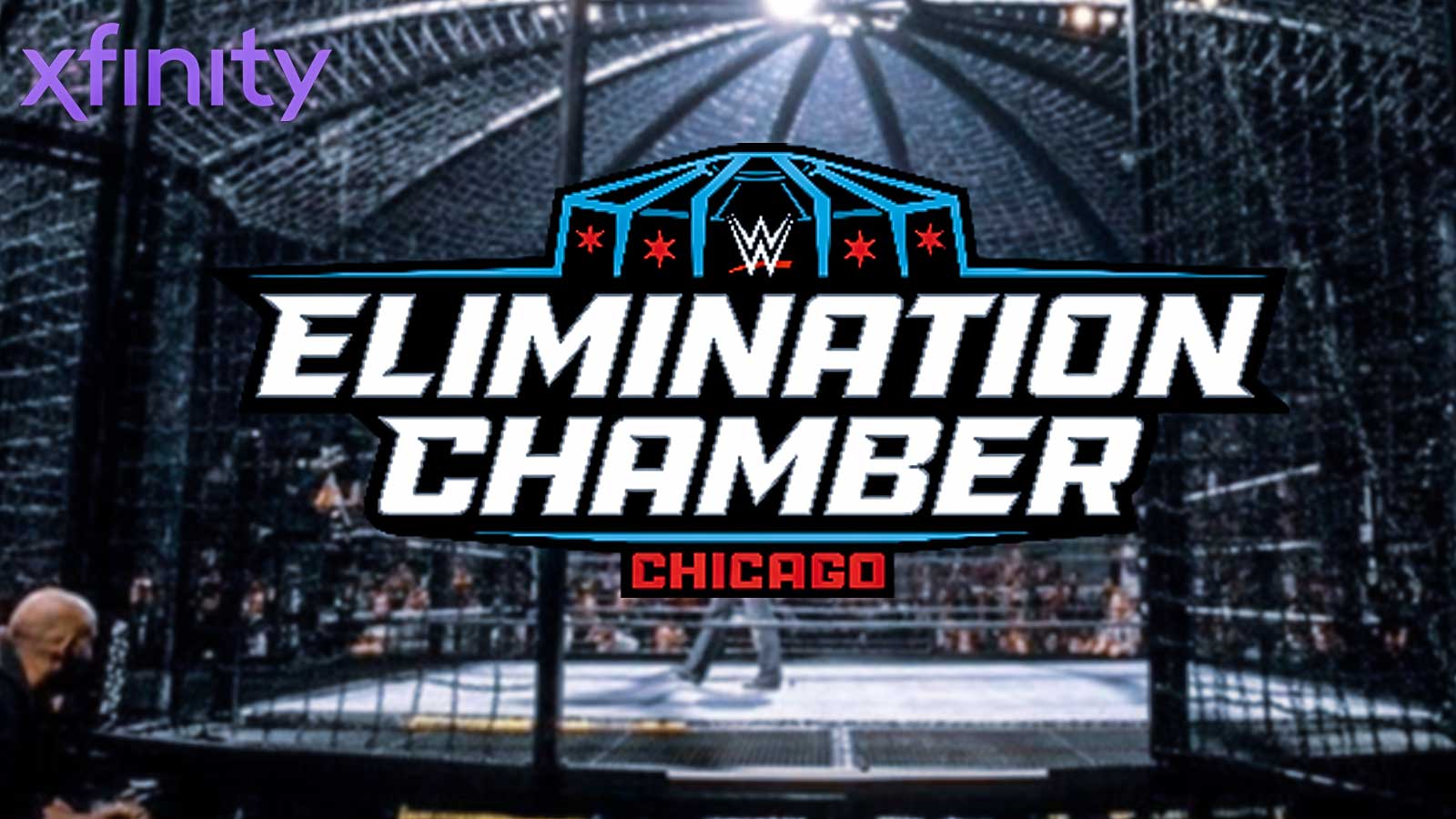The WGA and SAG-AFTRA strikes fought to increase streaming residuals. And they were successful… partly.
Both unions were able to secure what's now called success-based bonuses from major streaming platforms such as Amazon, Disney+, Max, Netflix, Paramount+ and Peacock, Deadline reported.
The larger question remains. What does that exactly mean?
The WGA & SAG-AFTRA success-based bonus model
Netflix's biggest series like Bridgerton, Stranger Things and Wednesday will most likely be rewarded under this system. Sources and experts told Deadline that it's also likely that shows like Peacock's Poker Face and Disney+ Secret Invasion will also make the cut.
However, it would be difficult for other streamers like Prime Video to even close to the new targets. The platform has almost 170 million subscribers who are probably more interested in the free shipping it offers than in watching shows like The Peripheral.
SAG-AFTRA's Duncan Crabtree-Ireland told the media outlet that these gains are merely the beginning. He said that the union will study how to negotiate lower barriers to entry when it comes to the bonuses as well as greater transparency.
Both unions fought for a success-based residual model from the streaming platforms since the start of the negotiations. This was to address the ever decreasing payouts that their members were receiving. However, the AMPTP wasn't initially on board.
The WGA contract was secured in September and included a bonus structure set off additional payments for titles that meet a specific viewership threshold. SAG-AFTRA's bonuses in their tentative agreement also followed WGA's structure.
A top agent told Deadline, “I would say the studios didn’t go hugely far with what they were doing. They kept it in some way in a box, and they kept it to a result that ultimately will not really pull in a huge number of shows.”
“The splashiest of shows are really the ones [that will be rewarded],” they added.
Let's try to calculate

This success-based bonus is given to shows that receive enough domestic views in its first 90 days, equivalent to 20% of the streaming platform's domestic subscribers. Views mean hours viewed divided by the show's runtime, not the number of unique accounts that interact with the project.
Under the WGA's contract, the writer credited for each episode will receive an additional 50% of their established domestic and foreign residual if their show meets the threshold.
For SAG-AFTRA, shy show that goes over the viewership criteria will set off a payment equivalent to 100% of the fixed residual fee to each of the main cast members. However, only 75% goes to the actor. The 25% will go to a fund controlled by SAG-AFTRA and AMPTP trustees. This fund will then be distributed to the rest of the union members.
The biggest difficulty in this system, aside from figuring out the percentages, is accessing the viewership data that is the crux of the calculation of bonuses.
Netflix doesn't report domestic viewership for its weekly top titles, which is the criteria set for the actors' bonuses. While Nielsen does report U.S. viewership data weekly, these do not separate by season.
As mentioned before, obviously big shows from Netflix will make calculating bonuses a little easier. Not so for other shows. And that's just for Netflix.
When we take Amazon's Prime Video subscribers, that number is 168 million. But that's Prime subscribers because all Prime subscribers have access to Prime Video and are considered Prime Video subscribers. That doesn't mean they're all using the streaming service.
If we do the math, for a Prime Video show to be considered successful, it must achieve 20% viewership of 168 million in its first 90 days. That's 33.6 million views. Even without the definition of ‘views' that may or may not complicate the equation, that seems to be an almost impossible number to achieve.
The hope is that the unions and the studios have a more transparent way of calculating the numbers. They've got the contract. Now they just have to make sure that implementing it won't be too complicated or shrouded in secrecy.




















